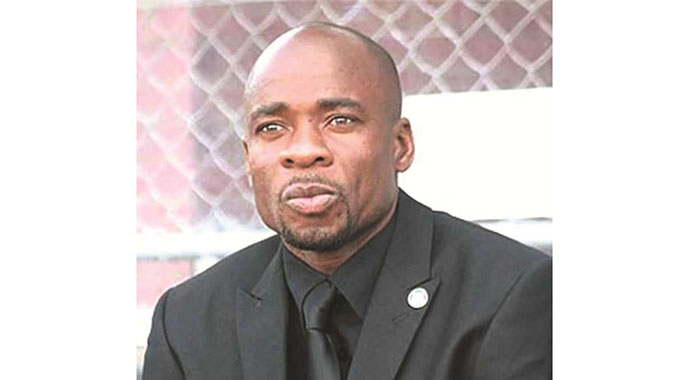No pain, no gain at Rugby World Cup
LONDON. – A Rugby World Cup that has left mangled knees, disjointed shoulders, two broken jaws and a litany of other injuries is heading for another painfully long roll call as the physical demands of rugby become ever more onerous.
The sight of three Welsh players – Scott Williams (knee), Hallam Amos (shoulder) and Liam Williams (concussion) – carried or transported off in a dramatic four-minute period against England epitomised the increasingly gladiatorial efforts required at the World Cup.
Halfway through the pool qualifying games 16 players have already been ruled out of the 2015 World Cup.
South Africa captain Jean de Villiers retired from international rugby after breaking his jaw for the second time in six weeks with the Springboks.
According to one World Rugby study that is one more injury than for all of the 2011 World Cup in New Zealand.
The global governing body is still looking at the casualty rate though it has made a priority of players health, bringing in a host of new rules and cameras to monitor players in trouble on the pitch.
Some coaches are already questioning the short turnaround between some World Cup matches – as short as four full days – and whether more protective measures are needed.
“It’s a pretty brutal game at the moment,” said Wales’ New Zealand coach Warren Gatland.
“I don’t know whether four- or five-day turnarounds in a World Cup are too short.”
“This is rugby where the physical dimension has become paramount,” said France’s coach Philippe Saint-Andre, who lost wing Yoann Huget for the rest of the tournament when he suffered a serious knee injury in the opening win over Italy.
“All nations are well prepared, not just the best four or five. – AFP.
“There are no easy matches. And when you have a long preparation with players who are in top form, hyper prepared, there has to be injuries. And having two matches so close together increases this factor,” said Saint-Andre.
“It’s hard to say that it’s one particular thing,” said Mike Catt, England’s attack coach and a World Cup winner in 2003.
“It’s a tough sport. They are proper athletes and are very, very mobile. In a contact sport things will always happen.
“It was a lot easier when I played with defences that didn’t tackle as hard and weren’t as organised,” he added.
World Rugby has ordered greater attention be paid to overly aggressive play that could result in serious injuries.
Referees have been ordered to clamp down on tackles around the neck and the match officials have made greater use of the video referee to single out violence – especially to the head.
World Rugby president Bernard Lapasset said before the World Cup rugby must not be a sport that “leaves players concussed” but one that can be played by everyone.
World Rugby plans a reform of the rules after the World Cup. It could even look at the format of the competition to allow more rest days, according to Lapasset.
However, rugby has become a sport where brutal impacts are part and parcel of the professional era.
“You get hit hard, there is no longer a game,” said France lock Pascal Pape, who accepts the sacrifices he has made to his body but will call it a day in a year’s time.
With a half-serious smile, Pape said the new generation will also have to put up with the battering.
“The young ones? They will earn more money so they will have to put up with a bit more pain.” – AFP.






Comments